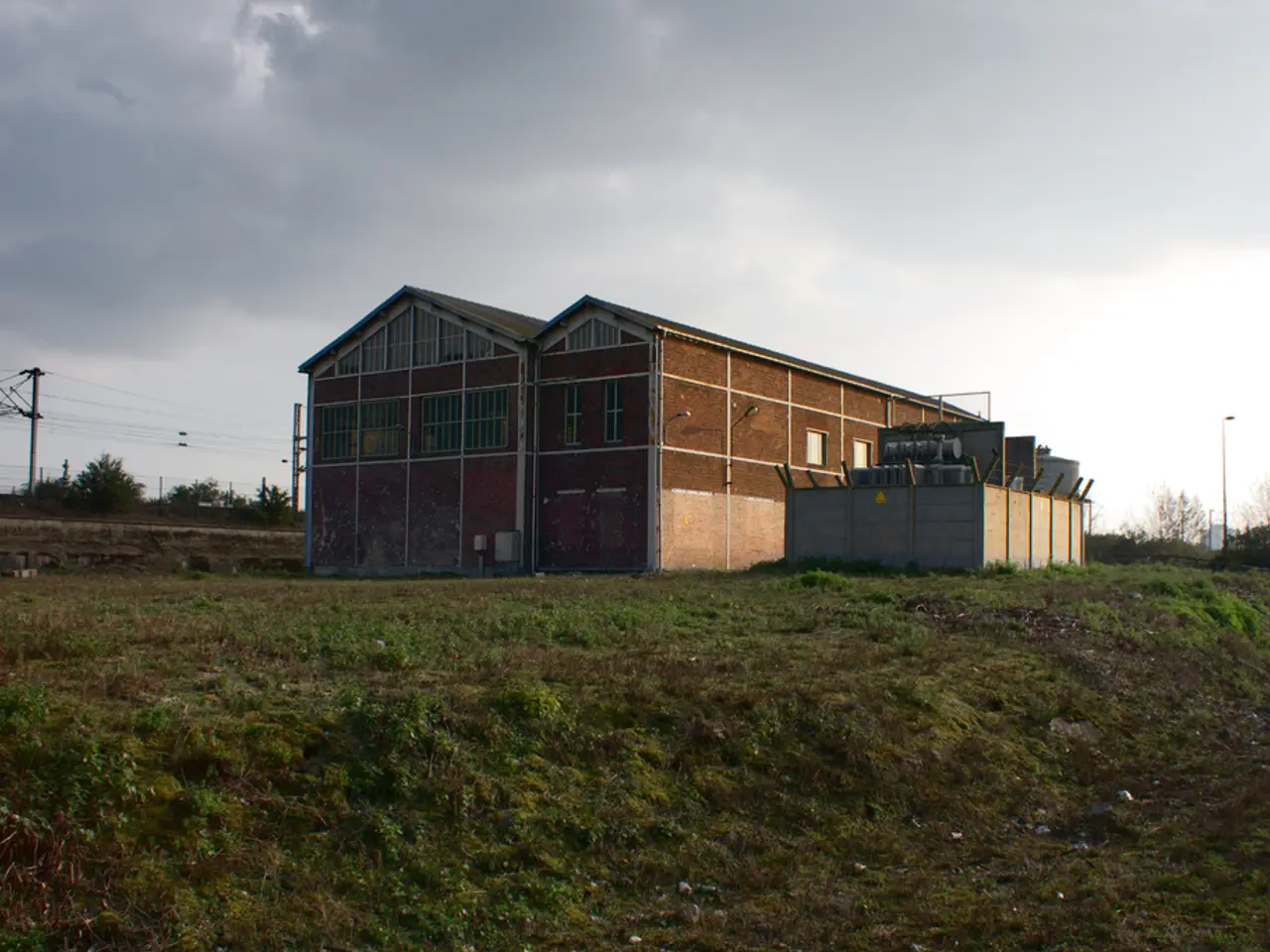Swift Relief for Consumers Imposed by Electricity Tax Proposed by Schweitzer
In recent developments, Germany's political landscape has been marked by disagreements and compromises, particularly in the areas of state hunting laws and climate protection, as well as in the realm of energy policies and electricity prices.
At the heart of the energy policy dispute is the government's failure to deliver on its promise to reduce electricity taxes for private households and small businesses, despite coalition commitments. This decision, made in 2025, primarily limited relief to companies and agricultural sectors, excluding most households and small businesses. This move has been met with sharp criticism from taxpayer associations and opposition parties, who view it as a broken election promise and an unfair burden on consumers facing high prices.
The official reason for this decision is the high fiscal cost, estimated at around 5.4 billion euros. Finance Minister Lars Klingbeil and Chancellor Friedrich Merz have agreed that households would not receive tax reductions due to budget constraints, despite funds being available and alternative relief measures being possible.
The CDU has proposed a controversial solution to finance a universal electricity tax reduction: by cutting funding for heat pump subsidies, amounting to approximately 16 billion euros in 2026. This suggestion highlights the coalition's tensions about prioritising climate protection subsidies versus immediate cost relief for consumers.
This issue underscores the wider political and financial tensions in Germany's energy policy. The government is attempting to balance the goals of climate protection, such as subsidies for the electrification of heating, with the need to provide affordable energy to consumers. Disagreements arise from different views on how to allocate limited resources and which policies to prioritise.
Meanwhile, in the state of Rhineland-Palatinate, businesses fear a competitive disadvantage due to the state's earlier climate target. The CDU state opposition has proposed a full-day concept that includes primary school teachers being paid according to salary group A13, with Minister President Malu Dreyer remaining optimistic about the state election in 2026.
Rhineland-Palatinate aims to be climate-neutral by 2040, five years earlier than the federal government. The federal government has not yet decided on any relief for electricity prices.
In the state parliament, compromises have been reached on state hunting and climate protection laws, causing a deadlock between the Greens and the FDP in the state government. The leaders of the black-red federal government have also decided that a reduction in electricity tax to the European minimum level for all citizens will not come into effect initially.
Minister President Malu Dreyer criticises the decision, stating that only one party seems to have prevailed in the black-red coalition committee in Berlin: the CSU and its chairman, Bavarian Minister President Markus Söder. The CDU and CSU seem to be at odds on this issue, with Dreyer suggesting that the Union - CDU and CSU - must sort itself out.
Despite these challenges, Dreyer remains confident about the state election in 2026 and maintains that the state government is not pushing the issue of climate protection aside. However, she did not give a clear answer to the question of more money for primary school teachers, nor did she express whether she considers the new climate target realistic.
These developments highlight the complexities and debates surrounding energy and climate policies in Germany, as the government navigates the need for affordable energy for consumers while addressing climate change and maintaining political stability.
- The disagreements in Germany's political landscape, particularly in the realm of energy policies and electricity prices, have led to intense debates over the government's failure to deliver on its promise to reduce electricity taxes for households and small businesses.
- The issue of energy policy and climate protection in Germany is being influenced by policy-and-legislation decisions, which are being shaped by politics and general news, as shown by the ongoing debates about electricity tax reductions and climate targets.






